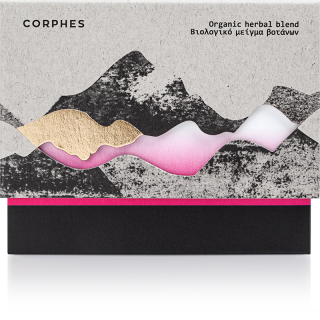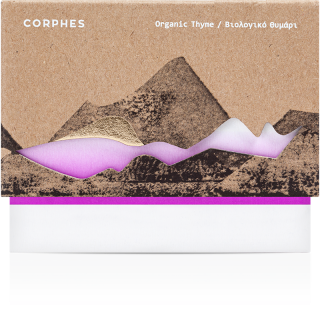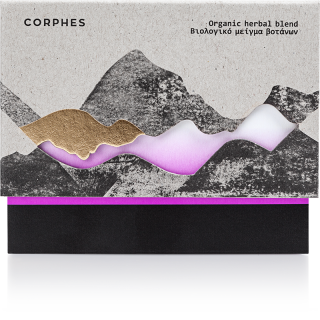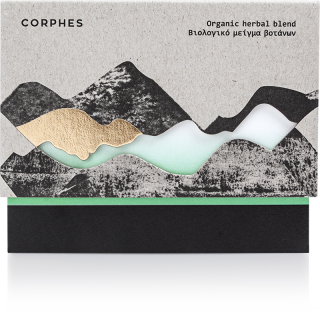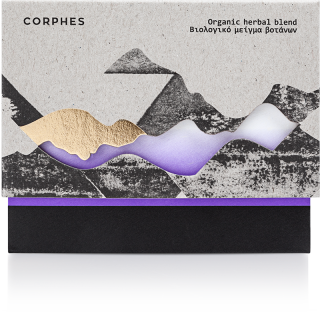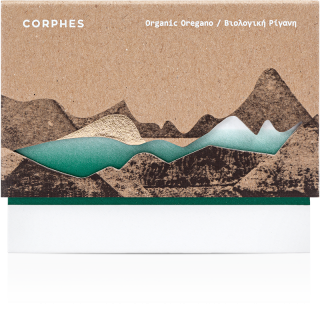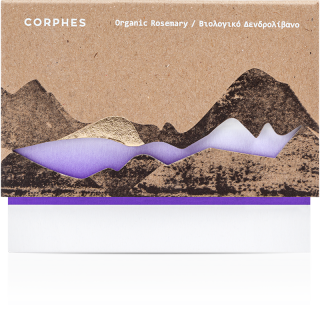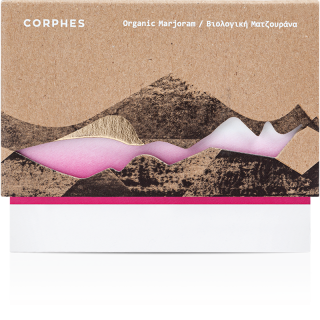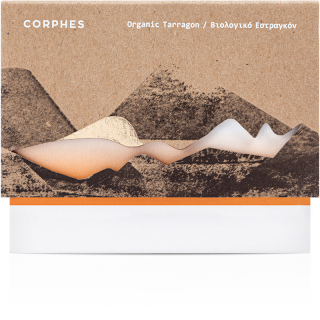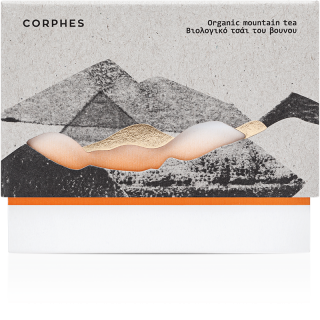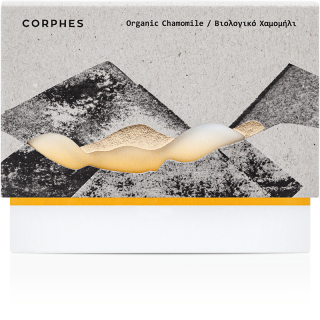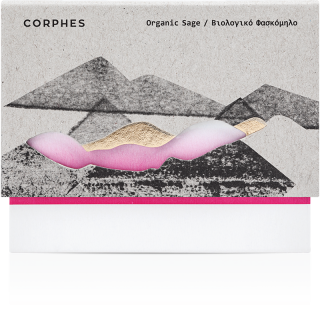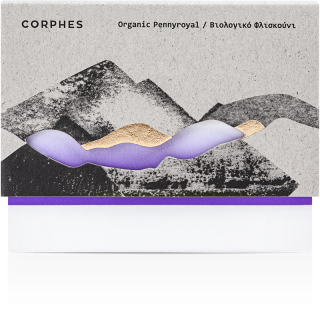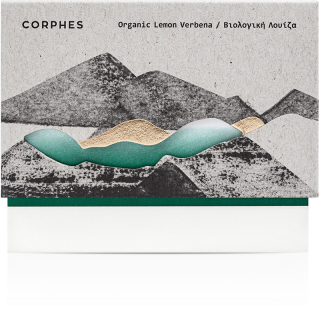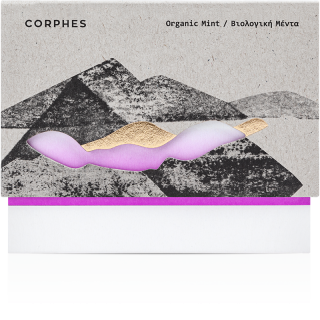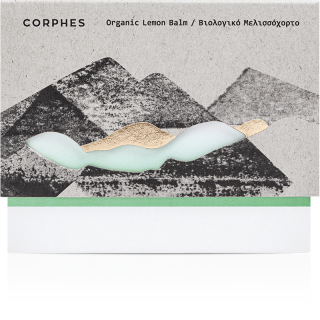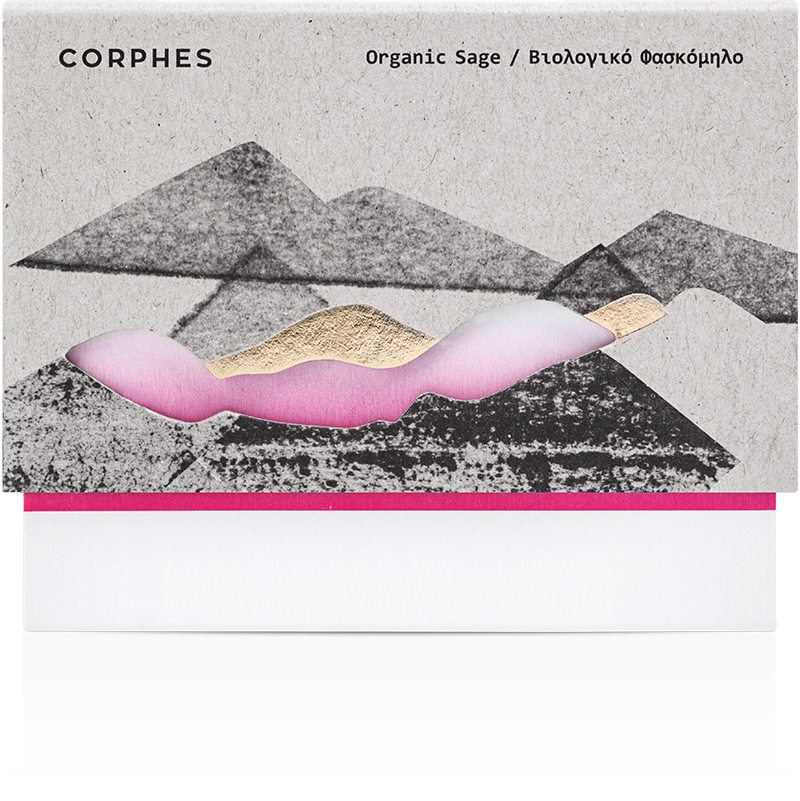
Greek sage is considered to be unrivaled in quality and the best in the world. The observed antioxidant activity of sage is considered a challenge to understand the chemistry involved in the action of this plant.
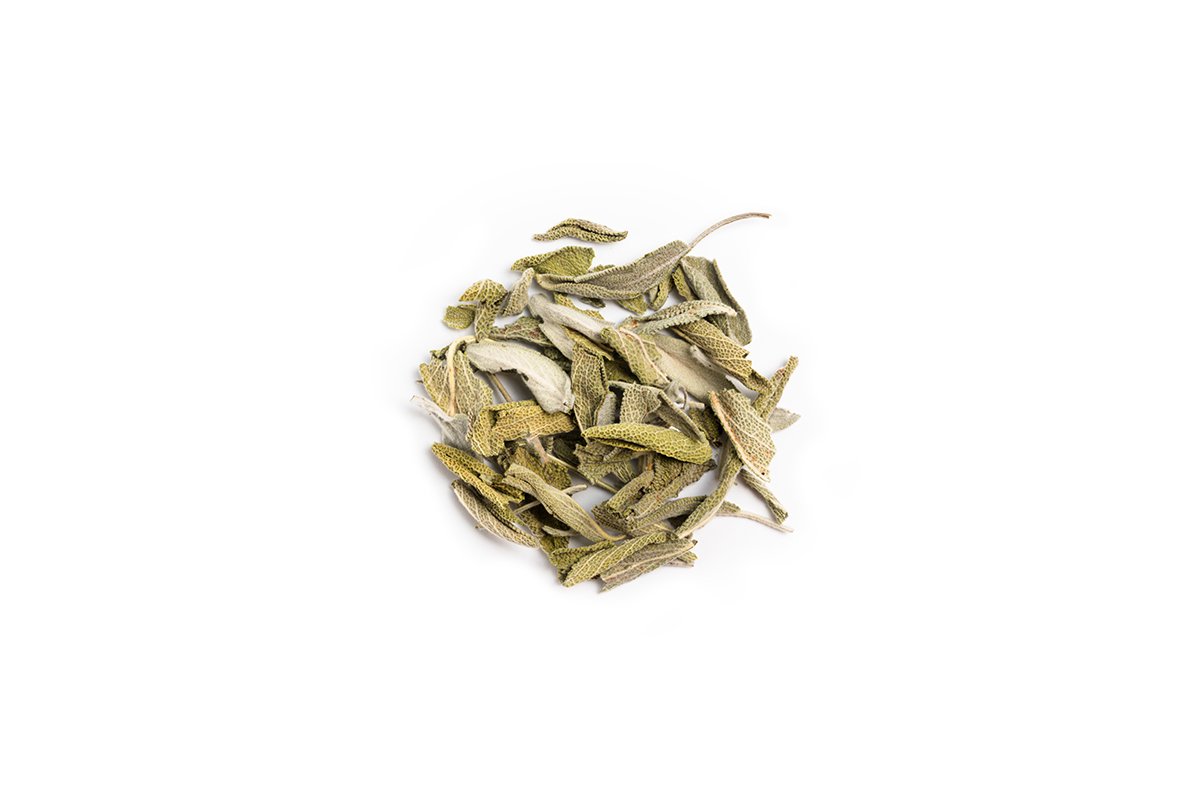

Sage was named after the Latin word “salvia” coming from the verb “salvere”, which means “I am healthy” and has been considered the “king” of herbs for centuries.
It was a sacred herb for the Greeks who dedicated it to Zeus and also for the Romans who first brought it to Britain. Referring to sage the Arabs wondered “How can one die if they have sage in their garden?” Sage was known in ancient times and cited by Dioscorides, Aetios, Hippocrates and Galen, who praised it and used it to treat snake bites and generally as a stimulant for both mind and body. Ancient Greek women would welcome their husbands offering sage to stimulate fertility. Dioscorides would prescribe it to stop bleeding and treat an irregular menstrual cycle.
The Chinese, who have developed their traditional medicine based on herbs, call it “Greek sprout” and consider it better than tea. The French call it “Greek tea” using it, like the rest of the Europeans, both in medicine and cooking. Charlemagne greatly helped to its spread, while his son included sage in a decree mentioning the plants to be grown in the royal estates.
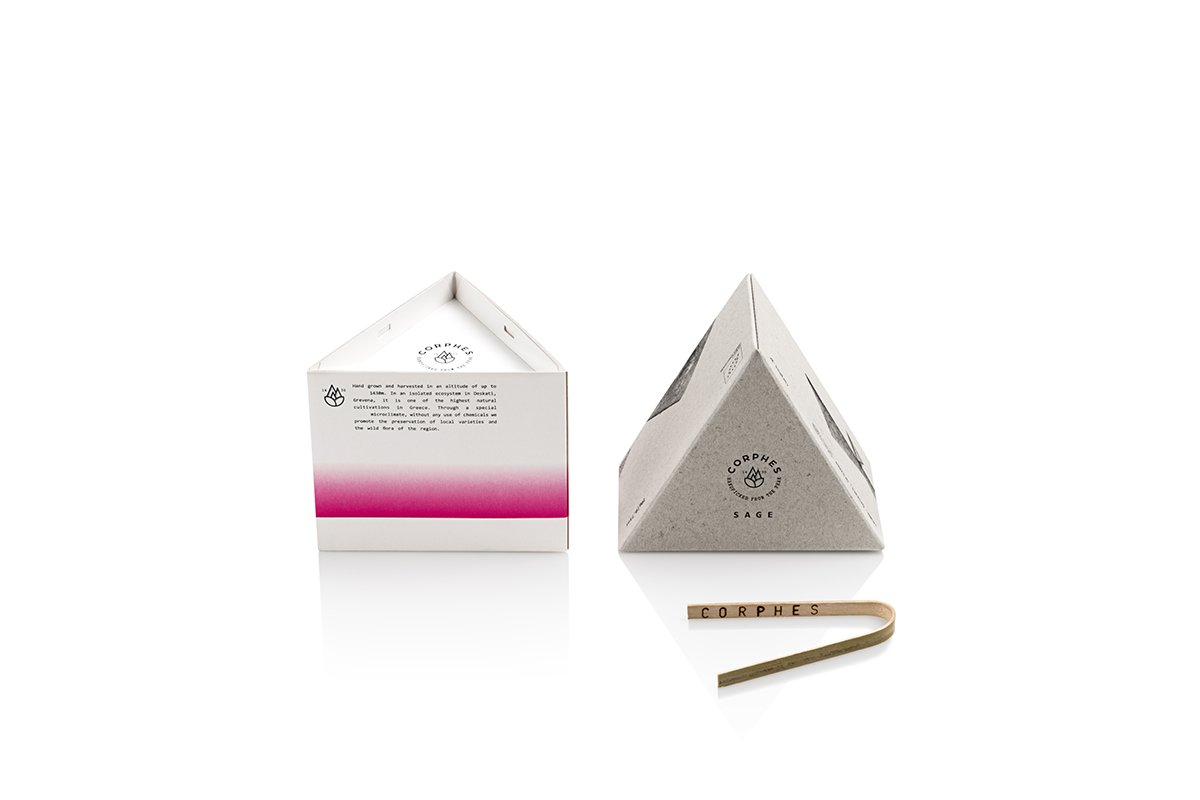

of blooming
Sage has been used to treat the common cold, diarrhea, enteritis, sore throat, snake bites and cancer. The past two decades great emphasis has been given to its natural antioxidants and their ability to quench free radicals produced in humans by various mechanisms responsible or involved in many chronic diseases.
Several diseases, such as cerebral dysfunction (Alzheimer), cancer, cardiac disease and immune system deficiency, may arise because of cell damage caused by free radicals. So the presence of antioxidants in a diet, such as contained in sage, could be a way to combat those diseases.
It is also a softener, an astringent, a stomach and anti-rheumatic remedy, having healing, stimulating and menopausal properties. It is a natural antibiotic and stimulant that helps in indigestion.
It is recommended to treat acne and blackheads, feet hair, colds (as a decoction), burns and wounds, headaches and migraines, mouth ulcers, sore throats and tonsillitis.
Sage, other than containing the phenolic substances with antioxidant action, due to the presence of carnosic and rosmarinic acid, also produces substances that are antimicrobials which makes it useful for antiseptic applications, such as in microbial protection formulations, like oral solutions. It is very important the fact that there are substances with antimicrobial action in aqueous and alcoholic extracts from sage, and it is thus used in the treatment of several diseases such as chronic bronchitis. Some other experiments on sage extracts have established its suppressive effect on the central nervous system and its anticonvulsant properties.

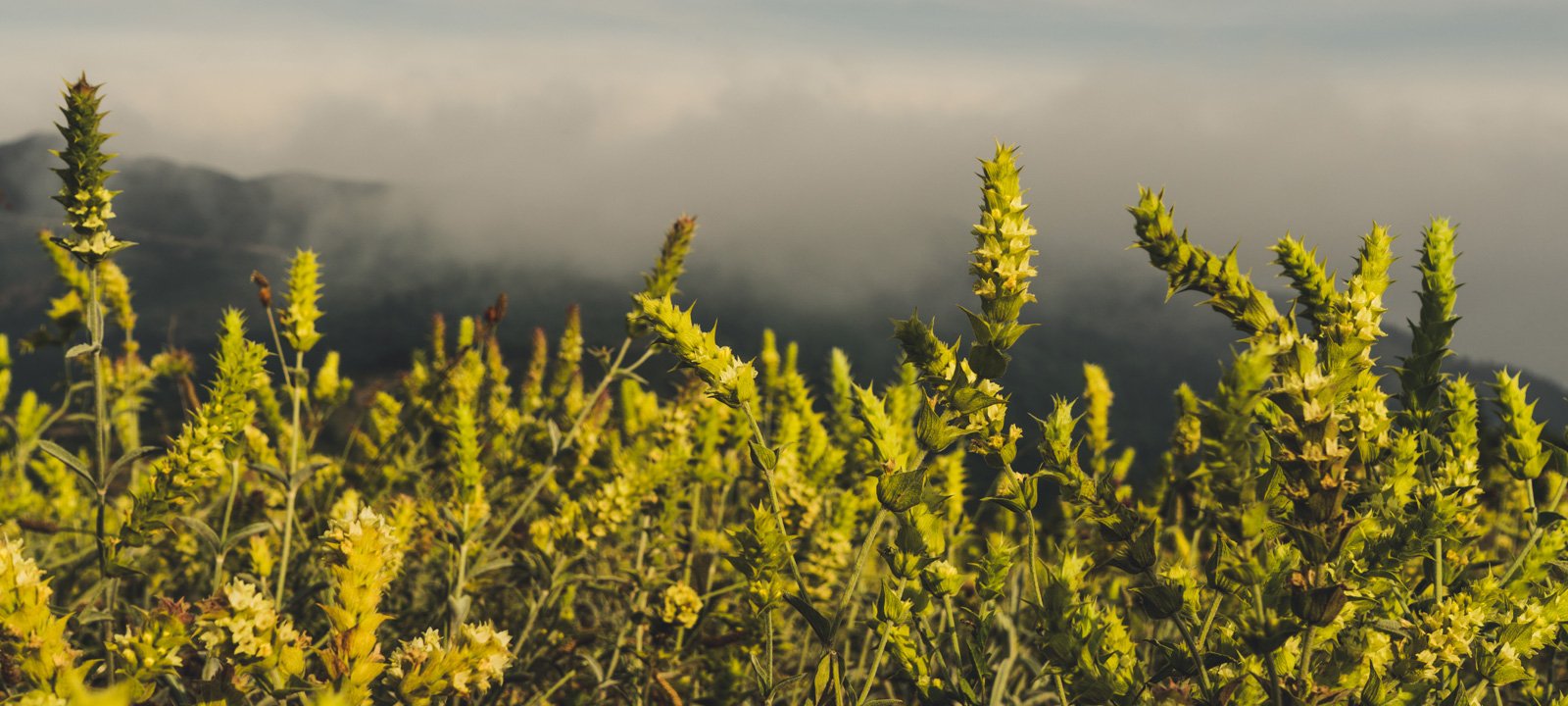
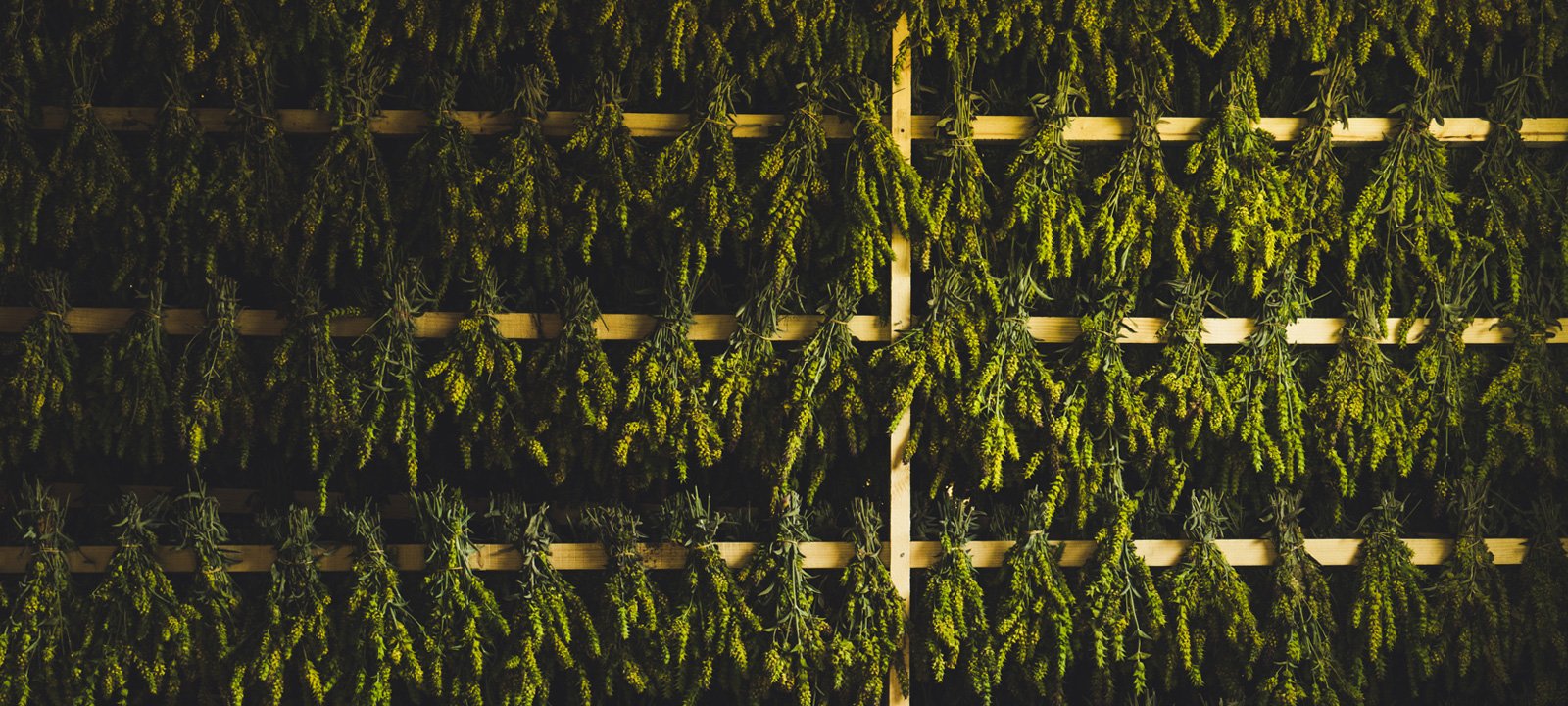



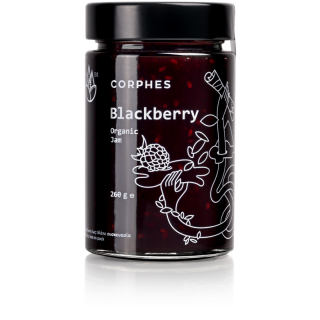
 770m.
770m.